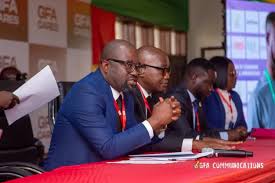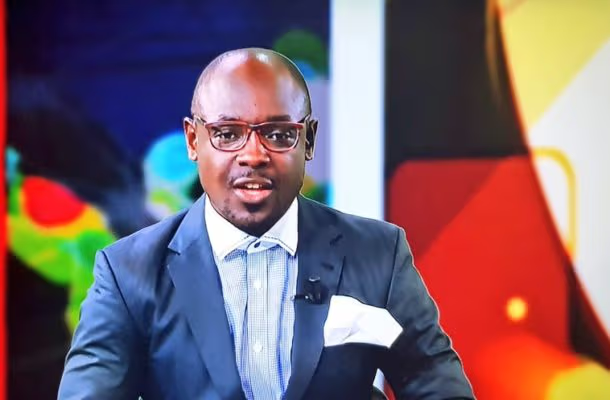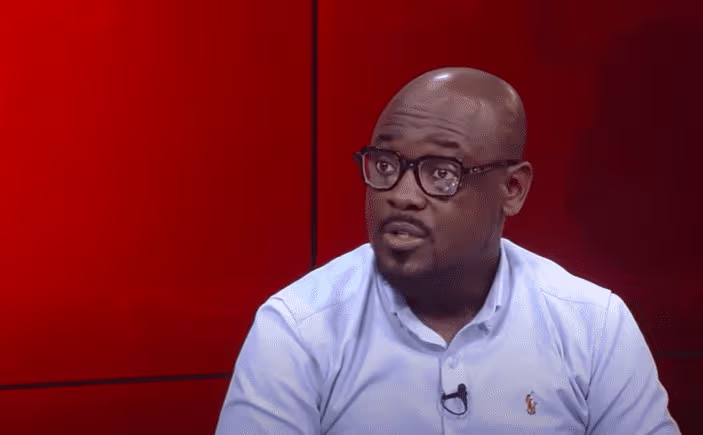The Ghana Football Association (GFA) has voted to extend the presidential term limit from two to three terms, a constitutional amendment approved at the 31st Extraordinary Congress in Prampram. The decision, passed with 114 votes in favour, six against, and three abstentions, has drawn both praise and scepticism within the football community.
The proposal, first tabled in 2022 by Wa Techiman Heroes and backed by 60 clubs, including several Ghana Premier League sides, was defended by GFA General Secretary Prosper Harrison Addo as a move for “consistency,” aligning the president’s eligibility with that of Executive Council members.
Supporters’ View
While the amendment applies to any GFA president, much of the discussion has centred on current president Kurt Okraku. Several club executives have openly endorsed the idea of him continuing beyond his second term. Bibiani Gold Stars CEO Kwesi Adu hailed Okraku’s “remarkable achievements” and argued he is “too young to be retired now,” while New Nations FC CEO Kennedy Boakye Ansah said two terms “is not enough for any President or FA to formulate policies.”
Okraku’s Response
Okraku has downplayed the speculation, calling talk of a third term “premature” and insisting he will decide only after completing his current mandate.
Critics’ Concerns
Outside congress, the reaction has been more divided. Some see the change as a necessary window for sustained reform; others view it as a pathway to entrenched power. Questions remain over whether such extensions are being driven by performance or by personal influence. Critics point out that Ghana’s Premier League is still outside Africa’s top 10, while domestic football faces chronic funding, infrastructure, and governance issues.
On social media, journalists and fans have questioned whether the decision reflects the needs of the game or the priorities of football insiders.
Implications for the Future
Under the new rules, a GFA president could now serve up to 12 years in office. Supporters argue this allows time for transformative change; detractors warn it risks consolidating authority and reducing accountability.
Whether seen as reform or as a step toward power entrenchment, the amendment marks a turning point in Ghanaian football governance, one that will shape leadership and policy for years to come.


















